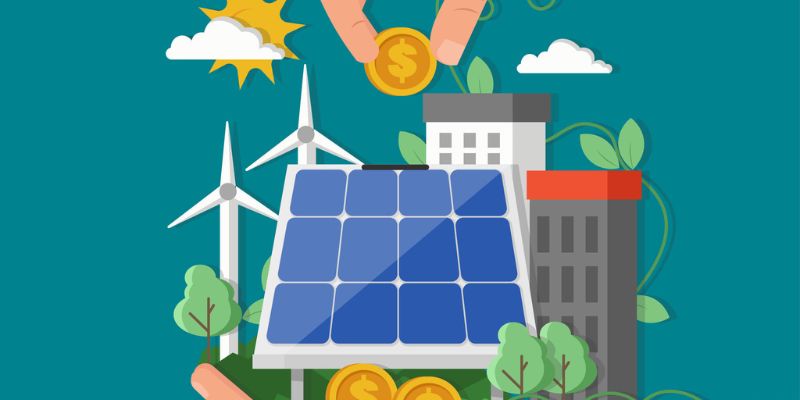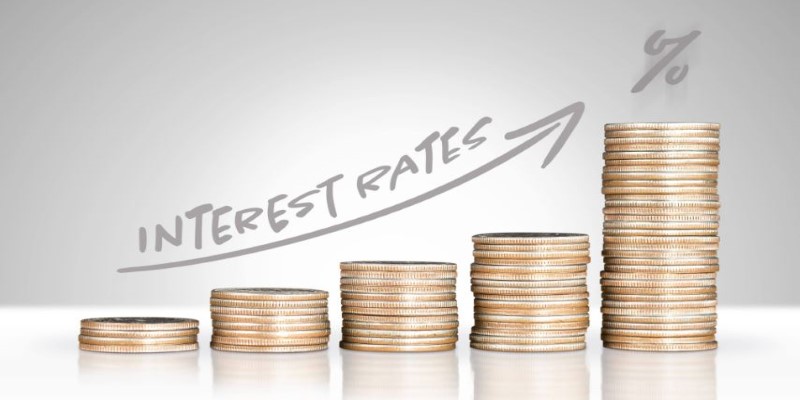
Although a VA loan is a government-sponsored program, it is not managed by the United States Department of Veterans Affairs or any other government body in the United States. Commercial mortgage lenders accept applications and then issue loans by the Veterans Administration (VA) guidelines. Essentially, the procedure is the same as it would be for any other loan program. When purchasing a house, you will submit an application, provide paperwork, get accepted, locate a property, sign the final loan papers, and complete the closing process. The VA provides a program called the IRRRL, which requires little paperwork and does not need an assessment when it comes to refinancing. As a result, the procedure is much quicker. Here you'll find information about the best VA loan rates.

What Is The Procedure For Obtaining A VA Loan?
If a borrower fails to make payments on a VA loan, the government will reimburse the lender for a part of the loan's principal and interest. This guarantee lowers the risk for lenders, allowing them to provide attractive conditions and need no down payment due to the assurance. If you are qualified, you may complete the VA mortgage application procedure with a lender of your choosing. Lenders that specialize in helping VA loan debtors are available from various sources, but not all of them.
What Factors Go Into Determining VA Loan Rates?
Various criteria will be considered in calculating the VA loan rate you are given. These are some examples:
· Credit Score:
Generally speaking, the better your credit score, the cheaper your VA loan rates are.
· Loan Repayment History:
An excellent loan payback history will help you get a low-interest rate on your loan.
· Loan Term:
Another consideration is the length of time your loan will be in effect. Typically, the interest rate on a 15-year loan is lower than that of a 30-year loan.
· Loan Types:
VA loans are available in various forms, including fixed-rate mortgages, adjustable-rate mortgages (ARMs), jumbo loans for bigger homes, and refinancing loans.
Advantages of a VA Loan
The following are the most significant benefits of VA loans as compared to conventional and FHA loans:
· There Is No Need For A Down Payment Or Mortgage Insurance:
Other loan forms need down payments and may include an additional fee for mortgage insurance, among other things. Loans made via the Federal Housing Administration (FHA) need mortgage insurance irrespective of the down payment size. In contrast, conventional loans often demand mortgage insurance if the deposit is less than 20%.
· Closing Expenses:
Closing costs are the numerous fees you incur due to your mortgage application. It is prohibited by the Department of Veterans Affairs to charge more than one percent of the loan amount as an origination fee. It also forbids lenders from collecting certain additional closing expenses.
· Things to Keep in Mind When Applying for a VA Loan
Many aspects of VA mortgages distinguish them from other loan types. If your loan officer is unfamiliar with some of the most fundamental VA loan elements, you may want to continue your search for the most qualified VA lender:
- VA mortgages do not need private mortgage insurance or mortgage insurance fees, nor do they require any other kind of mortgage insurance.
- VA mortgages do not have a VA-mandated conforming loan limit. Previous to 2020, VA loan limits were computed using Fannie and Freddie conforming loan limits rather than VA-mandated loan restrictions. Obtaining jumbo VA loans is doable, but lenders will discuss the loan amount and other terms with you. Based on the house price and other conditions, jumbo VA mortgages may need the deposit of money upfront, equivalent to a down payment.
- In the case of a VA mortgage, an escape clause prohibits the borrower from being obliged to execute a transaction in which the assessed worth of the house is less than the selling price.
- When a borrower decides to purchase a house in the aforementioned situation where the VA assessment is lower than the asking price, VA mortgages will need down payment from the borrower. The borrower is responsible for making up the shortfall in cash; financing is not an option.
Conclusion
Rates on loans are cheap almost everywhere, but VA rates are much lower than the lowest rates on other programs. Don't pass up this opportunity to save money. While your VA benefit will never expire, rates at this low a level may do so. Take advantage of the current low VA mortgage rates while still available.











